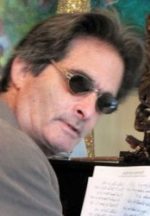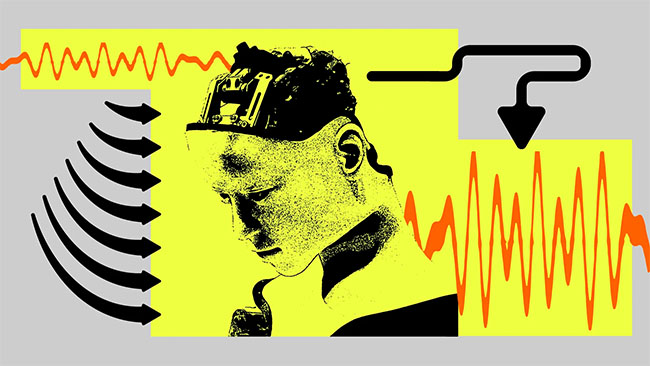
by Jon Rappoport
This is the idea: when souls come to Earth to be born physically, there is a great deal of invisible machinery here.
In the body, of course. And possibly elsewhere.
One of the primary aspects of that machinery is ORGANIZATION. Functions are arranged and processes are arranged so they work together. Well, that’s what a machine does.
The soul becomes entangled in the machinery. He believes he has to participate in it, in order for it to work.
But in the course of his life, if a moment occurs when, for any reason, he lets go of his participation, the machinery works quite well without him—and at that point, he experiences a MAJOR uplift of well-being. Very noticeable. By him.
His “interior problems” vanish.
He doesn’t know what happened. He just knows how he feels. And he feels very fine.
He doesn’t feel “separate from machinery.” He just walks down the street in a completely different mindset.
He’s not expending the tremendous amount of effort “contributing to the working of the machinery”—which didn’t need his contribution in the first place.
You could imagine it this way: you’re invited to take a tour of a factory. During the tour, you look at all sorts of marvelous equipment that carries out various aspects of “production.” It’s quite a complex and exciting scene. But somewhere along the line, you get the idea that you should “help the machinery along.” How weird. So you begin to grunt and sweat as you “get involved.” By the end of the tour, you’re hooked. You’re now, in your estimation, YOU PLUS THE MACHINE.
This is your life. Even after you leave the factory, you’re hooked.
Until and unless you have that moment when the connection breaks.
Otherwise, most people spend their lives learning how machinery works. How it should be built and maintained and repaired and organized and polished and refined.
I had “my moment” in the fall of 1962, when I was doing an experiment with music. I was living in a small New England town and playing the piano every day—I had no absolutely no training or technical knowledge. For reasons I won’t go into, I was interested in so-called dissonant sounds—the kinds of sound we’re told make no sense, are offensive, and so on.
Every day, I would play random sounds on the piano and listen to them, with the goal of making no judgments about what I was hearing.
Eventually, the more I listened, the less I was aware of what my hands were doing. And the less it seemed the sounds I was hearing were unpleasant. They seemed like a different kind of music.
After one session, I traveled to New York, and late in the afternoon I walked along a street near Washington Square Park. And it happened:
I felt terrific. Much different than usual. I was relaxed, happy, and whatever problems I’d thought I had were gone. I walked along looking at the street and the people and the trees. I ran into a friend and we chatted for a few minutes.
For an hour or so, I was probably happier than I’d been since I was a child on a summer day without a care in the world.
I had no idea why. Except I knew it had something to do with the music and the piano. It had something to do with the fact that we’re all programmed to enjoy certain kind of harmonics and organizations of notes and reject others. We’re taught to appreciate a certain kind of machinery of music. And I had left that behind.
The result wasn’t chaos. Far from it. It wasn’t organization, either. It was something much simpler that doesn’t really have a name.
It was what I am. And what anybody is. Minus a fixation on machinery.



